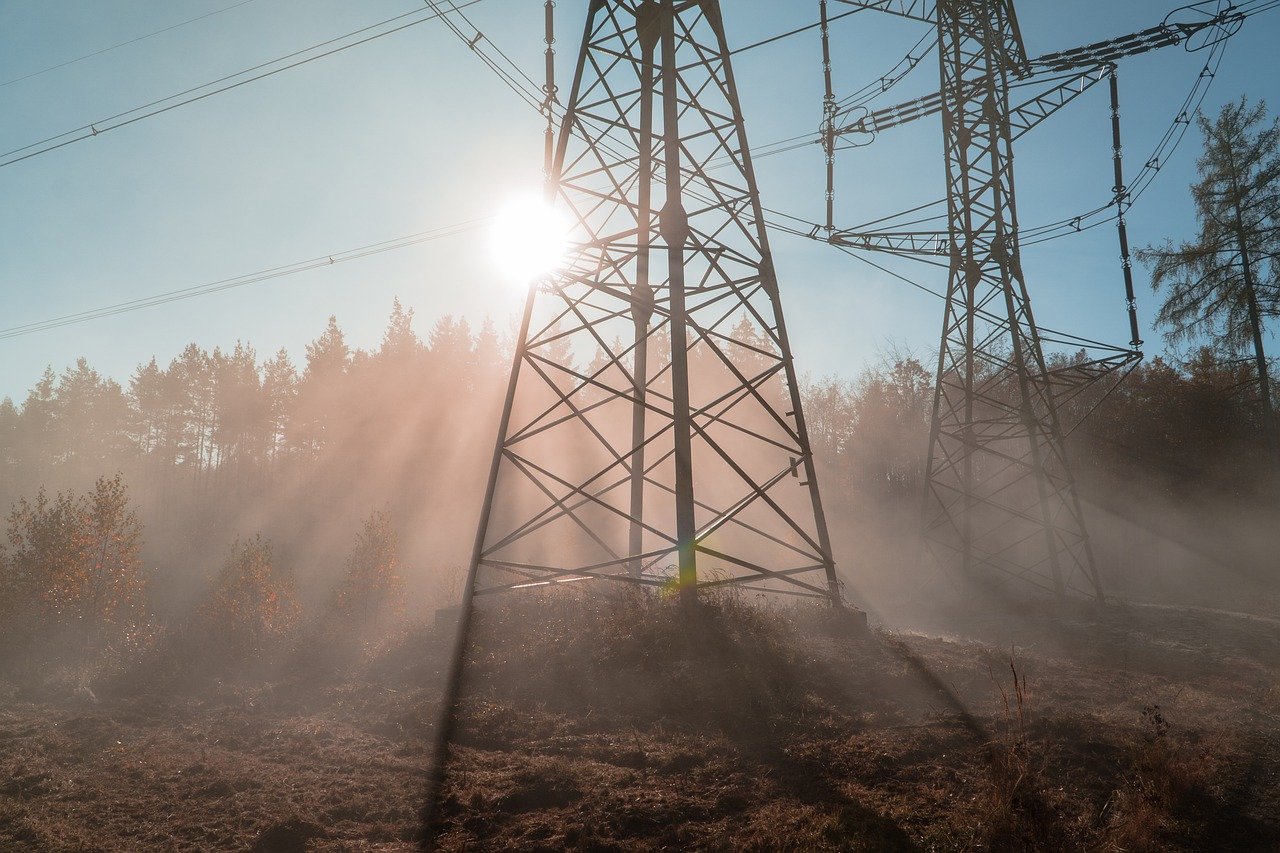Easing into Easements: PA Expands Access to Broadband Internet

On October 29, 2020, Governor Wolf signed House Bill 2438, Expanding Broadband Access with Existing Infrastructure, into law. This new bill will make it easier for rural residents of Pennsylvania to access high-speed broadband internet by changing the rules for easements.
The Background
Currently, utility companies must enter into easement agreements with property owners to run lines or pipes through their property. An easement is an agreement between the property owner and a third party that permits the third party to use and/or enter the real estate of the property owner.
Utility companies use easements to install electric poles, sewer lines, and internet broadband fibers. These easements typically “run with the land,” which means they are permanent and will exist even after the property owner sells their property.
The Problem
Utility companies did not contemplate the creation of the internet when originally placing easements on Pennsylvania properties in the early 20th century. This makes it near impossible for them to use these existing easements and poles to attach fiber lines for broadband. Lancaster itself only received access to fiber internet service three years ago.
To expand the use of an easement, utility companies would have to
- meet with every property owner who has a utility easement that the company wants to utilize for fiber lines and
- have every property owner sign a new easement for the installation of broadband fibers across their property.
This is a time-consuming and expensive process.
The Solution
HB 2438 removes the requirement that rural electric cooperatives must enter into new easement agreements with each property owner. Instead, it permits companies to use presently existing infrastructure and utility easements to run fiber lines.
Specifically, the bill states that utility companies may provide broadband services or construct, operate, and maintain broadband facilities through an existing easement owned, held, or used by the electric cooperative.
The bill also states that the attachment of broadband facilities shall not constitute a change in the physical use of the easement, nor interfere with or impair any rights of the property owner. A broadband service provider who is not an electric cooperative may access and attach broadband facilities within an electric cooperative’s easement if given written permission by the electric cooperative.
Unfortunately, this does not immediately solve the problem of providing high-speed internet to rural Pennsylvania. Running the fiber lines will likely take some time and expense. In addition, property owners who will have broadband fibers run through an existing utility easement should not expect any additional compensation to use the easement. However, the legislation does remove a significant roadblock in providing broadband internet to more Pennsylvania residents.
In this rapidly evolving age of technology adaptations, Russell, Krafft & Gruber LLP is here to answer your technology-related legal questions.
